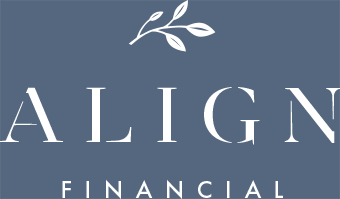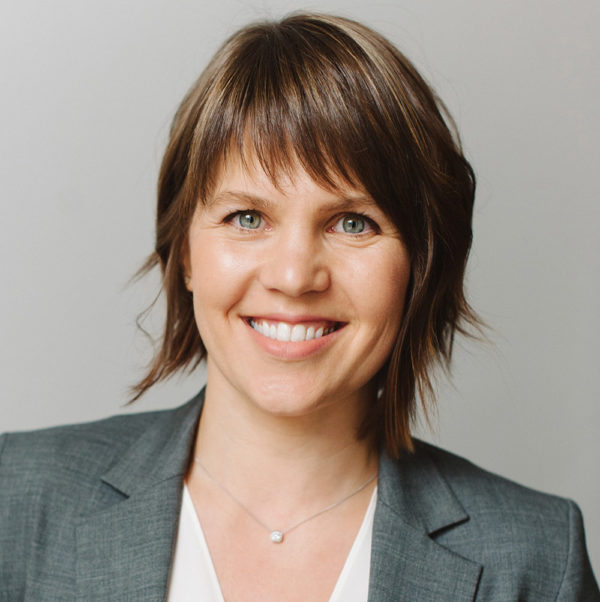We often hear people asking “What is a trust?” Often misunderstood as an option meant only for the uber-wealthy, a trust can be an adaptable and powerful financial tool for anyone looking for a protective, cash-saving way to distribute their assets.
No one loves to think about end-of-life planning — trust me, I get it. But deciding what will happen to your assets after you’re gone is an important part of your story — and the evolving stories of your loved ones.
While writing a will is common, fewer people consider the will’s surprisingly useful cousin: the trust.
Taking the time to think through your wishes isn’t always fun, but it’s a critical step towards your financial literacy and wellness.
WHAT IS A TRUST?
A trust is a legal document that allows you to put conditions on how specific assets you own are distributed after you die. The person setting up the trust — you, in this case — may be known as the trustor, settlor or grantor.
The assets you place into it are called trust property. And just like with a will, the people to whom the property will eventually be granted are known as beneficiaries.
A trust is managed by somebody, typically a third party, known as a trustee. However, it’s also possible to name yourself as the trustee and maintain control over your assets by creating a revocable trust. (More on that later!)
So now that we have the definition down, let’s talk about how a trust might be useful in your own estate planning. In other words, why should you consider creating a trust in the first place?
Trusts carry a variety of benefits that can make them very appealing. Here are some of the perks of creating a trust:
- FLEXIBLE TIMEFRAME: One of the biggest benefits of a trust is that they can work during your lifetime, whereas a will doesn’t mean anything until you’re gone. This means you can name a third party to help take care of things if you start having health issues.
- PRIVACY: Another interesting difference that a trust offers over a will, is privacy. A will is settled in court through probate and is available to the public, while a trust remains private because it avoids the probate process.
- TAILORED SPECIFICS: Trusts can be more exact and specific than a will, particularly regarding individual assets — which means you have better control over when, how, and to whom they’re distributed
- TIME EFFICIENT: In most cases, trusts avoid the lengthy probate process — what’s commonly referred to as “settling the estate.” This can help save your loved ones money, as the probate process incurs significant costs. It also means your beneficiaries may receive their endowments more quickly.
- TAX EXEMPT: Assets in irrevocable trusts are generally exempt from estate and gift taxes, which means your survivors will have fewer payments to worry about at the time of your death.
- ADDED PROTECTION: Trusts can protect your assets from lawsuits and creditors, and the specificity of their terms can head off inter-familial conflicts.
Trusts come in a huge variety of different types, each with its own unique terms and benefits. (And when I say “huge,” I mean it. Attorney Kellen Bryant names 37 different types of trusts on his blog, and that’s still not a comprehensive list!)
In fact, you can customize a trust to manage and deliver just about any type of asset you desire.
Let’s talk more about the specifics of trusts: who they’re for, how much they cost, how long they take, and what protections they offer.
WHO IS A TRUST FOR?
Honestly, a trust can be for anyone!
Because there are so many different kinds of trusts out there, chances are there’s one that could be helpful in your estate planning process. You can use a trust to create delivery terms for a specific asset, to invest life insurance proceeds after your death, or even to protect your assets from the cost of long-term care costs (i.e., the nursing home).
Although the range of specific trusts is huge, there are a few main types you should know about:
- TESTAMENTARY TRUST: A testamentary trust is made for the benefit of a beneficiary after the trustor has died.
- REVOCABLE TRUST: A revocable trust is a living trust that can be changed, amended, or even dissolved, though these changes can incur fees. A revocable trust becomes irrevocable at the time of the trustor’s death.
- IRREVOCABLE TRUST: An irrevocable trust is exactly what it sounds like — once its terms have been agreed to, it’s impossible to revoke!
THE MAIN THING TO REMEMBER
Revocable Trusts are the kind of trusts that give you control during your lifetime, and then become irrevocable at your death, meaning your heirs can’t change them, while Irrevocable and Testamentary mean you have no control over your money and assets anymore.
While the benefits of Irrevocable Trusts (like protecting your assets from a nursing home, or creditors) might seem interesting at first glance, remember – you have to give your money to a trust that you no longer control. So it’s important to keep in mind that the best way to learn what kind of trust will work for you is to speak directly to your financial advisor.
For more information on trusts and to learn how one could be useful in your own estate planning process, feel free to contact us directly.
We’re happy to be here to help ensure your wishes are carried out exactly — after all, your story doesn’t end with you.













